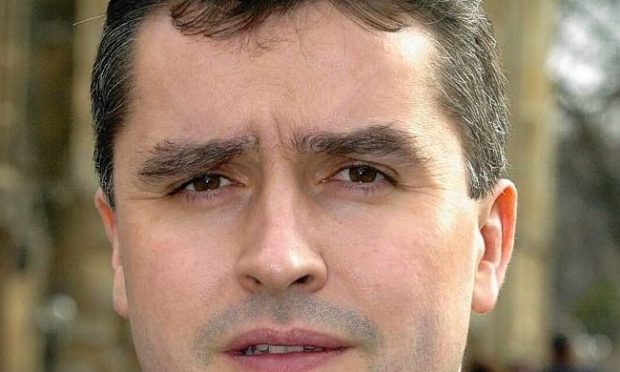The Royal Bank of Scotland has “betrayed” most of rural Scotland with the closure of 62 branches, including 18 in the north and north-east, a politician has said.
Angus MacNeil MP for the Western Isles said the bonus pot of senior fat cats could “probably pay for the entire network they are looking to cut”.
He said: “How can they call themselves the Royal Bank of Scotland with this betrayal of most of rural Scotland?”
Referring to RBS chief executive Ross McEwan, who earned more than £3million last year, and was also awarded nearly £3m in shares, Mr MacNeil said: “Ross MacEwen’s one year bonus could probably pay for the staffing for the RBS in Castlebay for 35 years.
“RBS don’t give a damn. There is no thought being given to this. Local banks are the oil in the engine of the economy.
“I think it’s devastating for communities.”
The RBS spokesman said: “We provide our customers with more ways to bank than ever before – customers can choose from a range of digital, face-to-face and local options.”
He continued: “Since 2012 we have seen the way in which people use Royal Bank of Scotland Castlebay branch change dramatically, with now 86 per cent of customers already banking in other ways locally. Transactions in Royal Bank of Scotland Castlebay branch have reduced by 43 per cent since 2012 with now only 11 customers visiting the branch on a weekly basis. 56 per cent of customers are now choosing to bank digitally with us on a regular basis instead.”
A mobile service will be available in Castlebay, he said, with customers being able to use online, video banking, the Post Office, ATMs and the nearest branch in Lochboisdale.
In the Highlands, a petition launched to campaign against the closure of the Tain RBS branch is gaining hundreds of signatures.
Yesterday more than 550 people had added their names to the online protest.
Launched by Fiona Robertson, the statement reads: “The proposed closure of the RBS Tain branch will cause huge difficulties for customers and small businesses. It will be damaging to our local economy, discriminates against rural and ageing populations who do not have access to suitable broadband for digital banking and will be hugely detrimental to the future of our town centre.”
